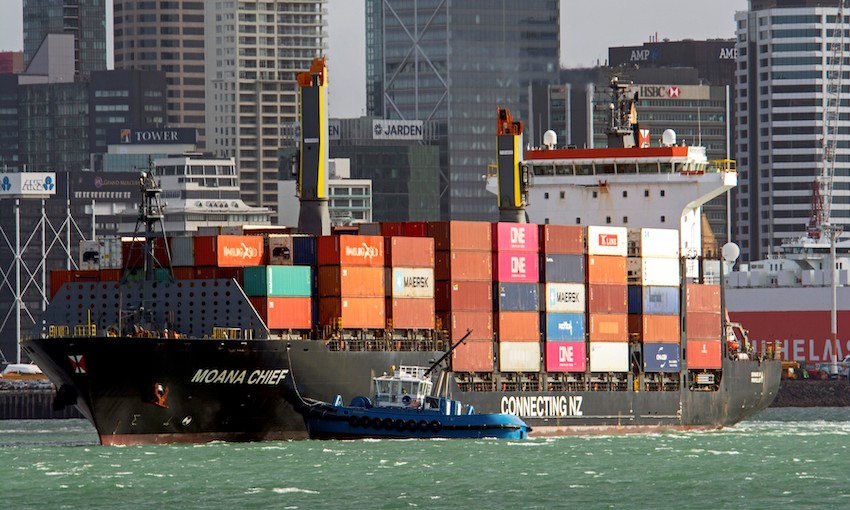PACIFICA Shipping, an operating division of Swire Shipping, has confirmed it will introduce a second vessel on its New Zealand coastal service.
The announcement follows talks this week of the company’s plans for a new vessel in addition to its current vessel Moana Chief, a 1700 TEU containership which has been operating since 2019.
Expected to be operational in mid-September this year, the new vessel will add 1300 TEU extra capacity to Pacifica’s coastal services.
Brodie Stevens, country manager for Pacifica Shipping and Swire Shipping New Zealand, said the new vessel will improve service frequency of the core trade from Auckland/Tauranga to Lyttelton to twice a week.
Mr Stevens said the addition of the new service would increase coverage for regional ports, easing the challenge regional exporters face as international shipping lines reduce calls due to pandemic-related supply chain disruptions.
“As New Zealand’s domestic transport is forecast to grow substantially over the next two decades, we are determined to meet that demand by increasing the frequency and capacity of our inter-island domestic freight service, as well as international trans- shipment cargo demand,” he said.
Mr Stevens noted data projections from the country’s Ministry of Transport indicate freight volumes will increase a further 11% in the next 10 years, and a further 40% by 2053.
Pacifica Shipping said it is also advocating for coastal shipping as an option for New Zealand businesses looking to consider sustainable supply chain options.
The company said coastal shipping supports the New Zealand government’s policy to cut transport carbon emissions.
“Moving substantially more inter-island freight by coastal shipping is estimated to enable savings of 66,000 tonnes of carbon dioxide per annum, compared to moving cargo by road transport,” Mr Stevens said.
Pacifica Shipping said coastal shipping also reinforces the country’s supply chain during disruptions created by natural disasters such as earthquakes.
It also highlighted the reduction of trucks on national highways as a result of coastal shipping.

